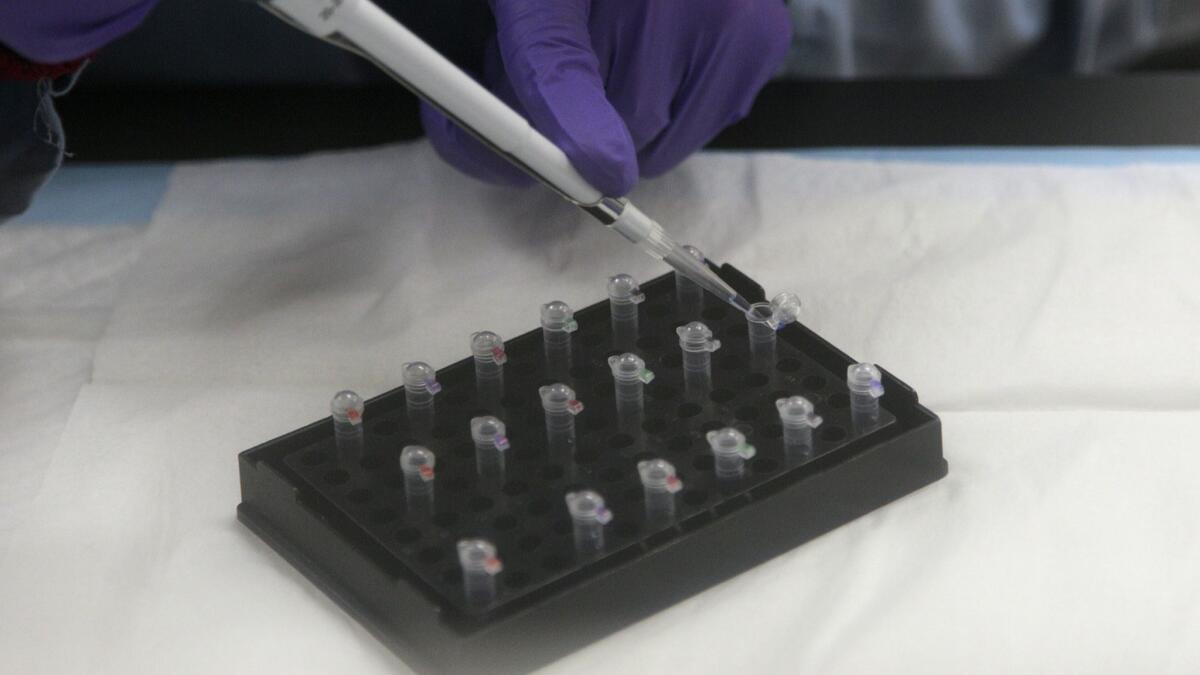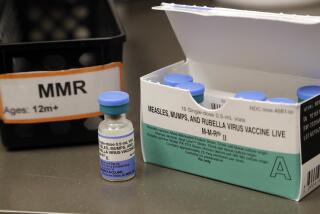Readers React: Commercial genetic testing isn’t for kids, says a medical geneticist

To the editor: As a medical geneticist who has spent more than 40 years in practice at Kaiser Permanente and UCLA, I can appreciate people’s desire to learn as much as possible about their genetic endowment. (“Decoding your baby’s DNA: It can be done. But should it be?” April 22)
Direct-to-consumer testing offers an inexpensive way for individuals to accomplish this, but it has serious drawbacks. For example, 23andMe screens for a limited number of the more than 1,000 cancer-predisposing BRCA1 and 2 gene mutations. A negative result might be falsely reassuring, while a positive result might be unduly alarming — unless the individual also meets with a trained genetics professional to interpret the results.
An additional concern is the inability of minors to give informed consent. It may be one thing to test an infant or child who shows signs of a hereditary disease or who is at risk for a disorder through which early intervention may prevent symptoms or save that child’s life, but it is an ethical dilemma to test a healthy minor for a genetic condition that might not occur until far in the future.
Harold N. Bass, MD, Porter Ranch
Follow the Opinion section on Twitter @latimesopinion and Facebook
More to Read
A cure for the common opinion
Get thought-provoking perspectives with our weekly newsletter.
You may occasionally receive promotional content from the Los Angeles Times.






